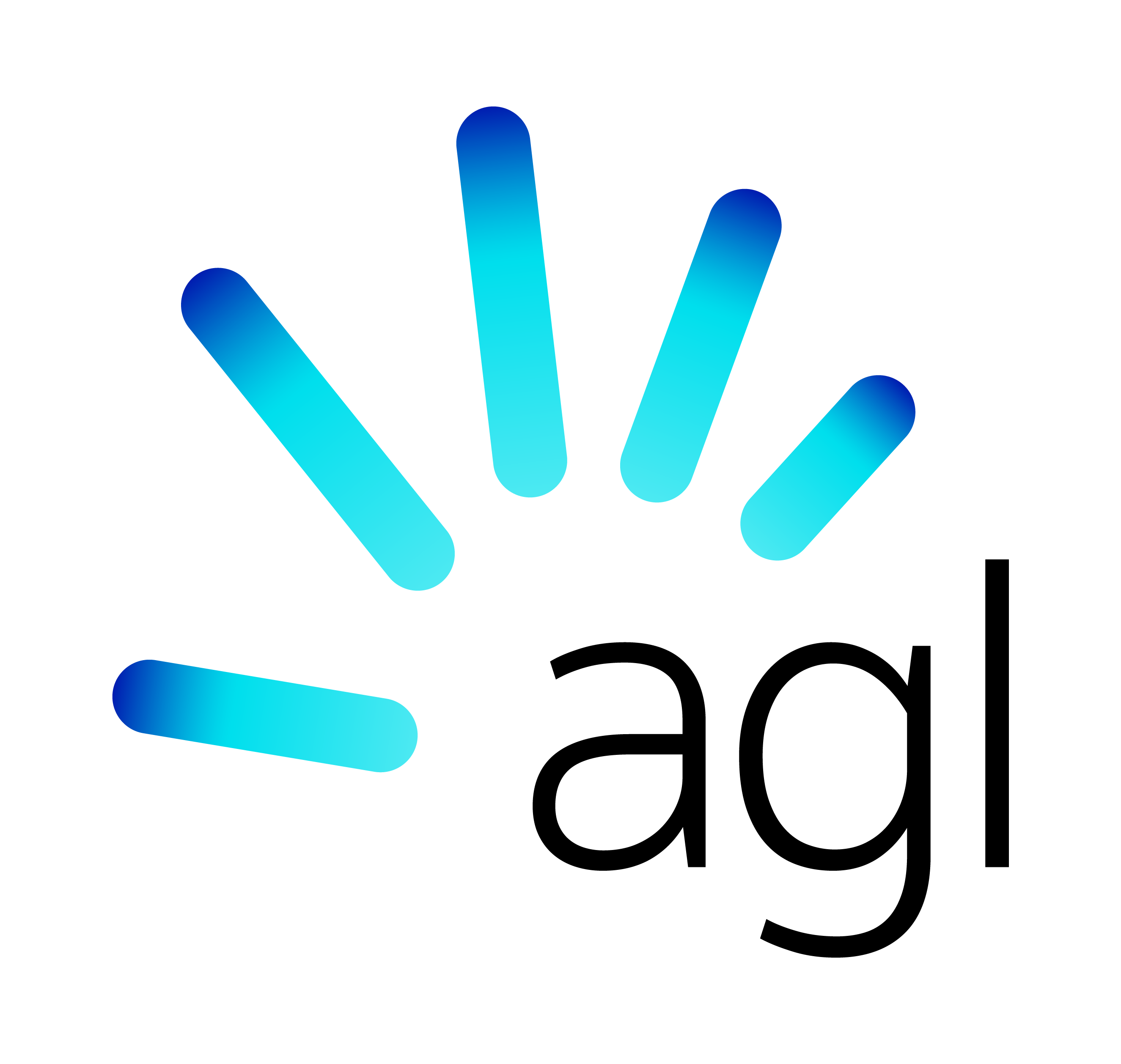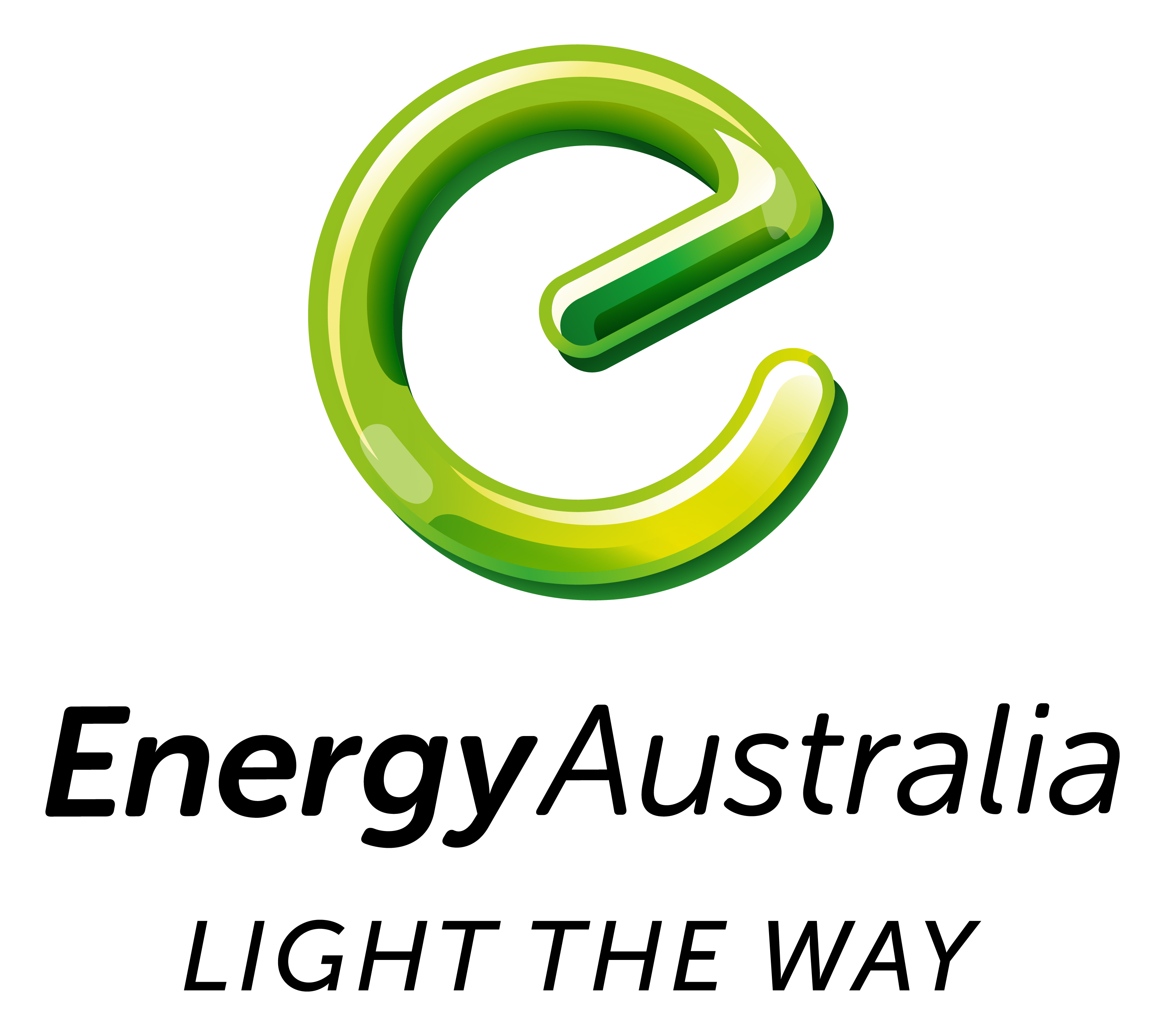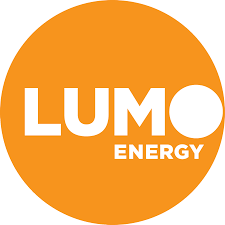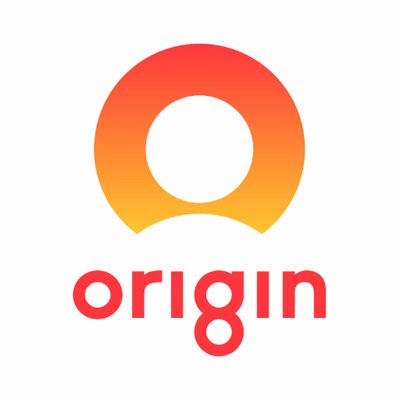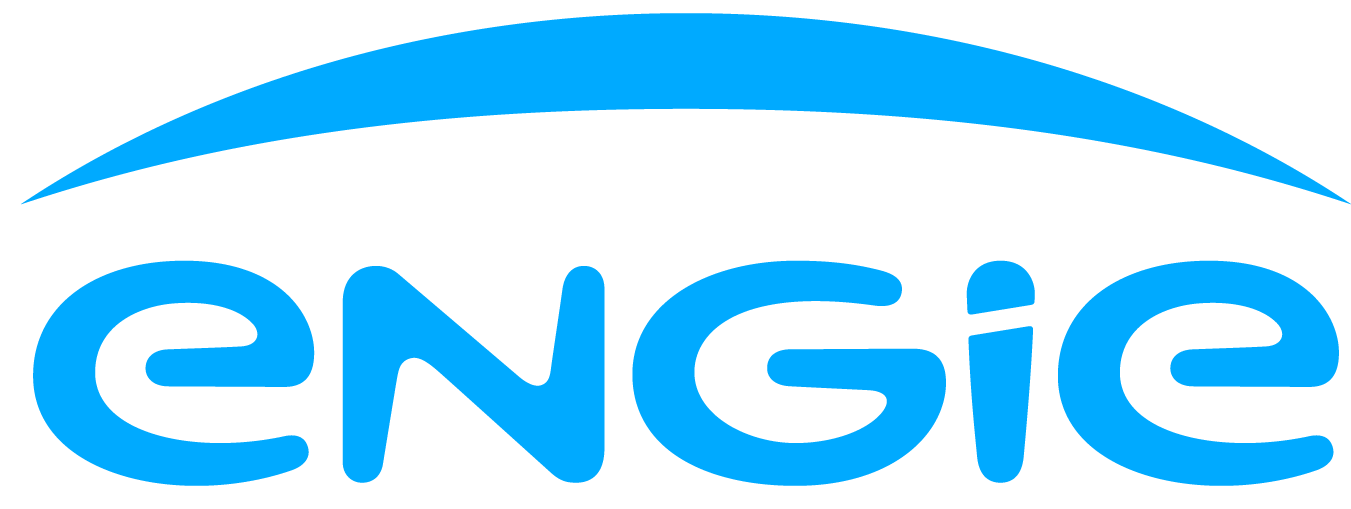| Unfortunately, Compare Energy can't currently help you connect your electricity or gas in the Northern Territory. The information below is a guide to help you find the right connection. |
In the Northern Territory (NT), electricity is regulated by the government for residents and small business owners using less than 750 MWh of electricity annually. This means that the government sets electricity prices that retailers must follow and pass on to consumers.
A regulated electricity retail market may limit your choices when selecting an electricity retailer. However, the government ensures that you pay a fair price, even though the cost of transmitting power to remote areas can be significant.
Without regulation, retailers could transfer these costs to consumers, resulting in higher electricity prices based on your location.
It's unlikely for a typical household to exceed 750 MWh of electricity annually, as they typically use only a fraction of that amount. This regulation primarily applies to industries and businesses that consume more than 750 MWh annually.
Compare electricity prices in NT
At Compare Energy, our mission is to help you compare electricity prices in NT and find the best deal tailored to your needs. Here are some important factors to consider when comparing electricity prices in NT:
- Evaluate your energy usage rates and supply charges to find plans with the lowest kWh rates and daily supply charges, ultimately reducing your overall bill.
- Use the reference price as a comparison tool, ensuring it reflects similar energy usage for an accurate assessment of plan competitiveness.
- Analyse your actual energy usage to effectively compare plans and identify the most suitable option.
- Select a tariff that aligns with your consumption patterns, such as single-rate, time-of-use, solar feed-in, or controlled load tariffs. Note that some tariffs may require a smart meter.
- Check the benefit period of any introductory plans to avoid transitioning to a more expensive option once the initial period ends.
- If you have solar panels, review the provider's solar feed-in tariff to understand how much you'll receive for surplus electricity.
Who are the NT’s cheapest electricity providers?
In the Northern Territory, Power and Water Corporation, a government-owned entity, serves as the electricity distributor.
It is responsible for owning and managing the power network, including supplying electricity to homes and businesses and maintaining power lines, pipes, poles, and meters for transmission.
Among the competitive options are:
- Jacana Energy: The majority of residential customers in Darwin and surrounding areas (approximately 85,000 homes) are served by Jacana Energy, a government-owned retailer. Jacana Energy offers four residential plans, and the Everyday Home plan features a single-rate tariff.
- Rimfire Energy: Rimfire is the largest non-government electricity provider in the Northern Territory. Despite the fully regulated power market in the Northern Territory, Rimfire Energy offers a 2.5% pay-on-time discount to its customers, in addition to charging the same rates for power as state-owned Jacana Energy.
Comparing gas plans in NT
In the Northern Territory, most households do not have access to mains gas. As a result, electric stovetops and hot water heating are more common than in other parts of Australia.
Who are NT’s cheapest gas providers?
The few households connected to mains gas are primarily located in Alice Springs, where gas connections are sporadic.
These households are served by Australian Gas Networks (AGN). According to the AGN website, there are currently 1,156 homes connected to mains gas in the Northern Territory. Due to the limited availability of mains gas, there is not a competitive market for natural gas providers in the region.
However, there is a market for Liquid Petroleum Gas (LPG) supply in the Northern Territory. Unlike gas delivered through a pipe, LPG is typically supplied in gas bottles. In the NT, residential LPG gas is available in sizes of 45kg, 90kg, and 210kg.
- Origin Energy: Origin Energy offers natural gas and energy solutions to Australians, including solar panels and electric vehicle charging, catering to a wide range of energy needs.
- Supagas: Established in 1982, Supagas is among a few suppliers of liquefied petroleum gas (LPG) in Australia, along with Kleenheat and Elgas. In addition to LPG, Supagas offers a wide range of specialty gases and commercial equipment for both residential and business customers.
Finding the best energy plans in NT
When comparing energy providers in NT, keep these three key factors in mind:
- Price: There's often an opportunity to find a better energy plan, especially if you haven't switched providers in over a year. Use our comparison service to discover the best available price in your area.
- Discounts: Providers may offer discounts or percentages less than the NT Default Offer (VDO), which is a government benchmark for comparing energy plans.
- Hidden costs: Review the terms and conditions of each provider carefully, as there may be additional charges not immediately visible. These can include connection/disconnection fees, meter reading fees, credit card charges, and late fees.
NT energy rebates and concessions
In the Northern Territory (NT), there are various energy rebates and concessions available to eligible residents to help with their energy costs. These include:
- Utilities Concession: Provides financial assistance to eligible pensioners, low-income families, and individuals to help with electricity, gas, and water bills.
- Remote Area Concession Scheme: Offers rebates on electricity, water, and sewerage costs for eligible residents in remote areas.
- Life Support Rebate: Provides a rebate on electricity costs for eligible customers who use life support equipment at home.
- Medical Cooling and Heating Concession: Offers a rebate for the cost of electricity or gas for heating and cooling for eligible customers with certain medical conditions.
- Home Energy Emergency Assistance Scheme: Provides one-off financial assistance to eligible low-income households experiencing a short-term financial crisis.
- Aged and Disability Concession: Offers rebates on electricity, gas, and water bills for eligible seniors and people with disabilities.
These rebates and concessions are subject to eligibility criteria and application processes, so it's important to check with the relevant authorities or energy providers for specific details and how to apply.
Greenest energy providers in NT
As Australia grapples with a significant energy challenge, the transition to renewable energy sources becomes increasingly important.
If you're passionate about renewables, you may be seeking an energy provider that offers GreenPower to reduce your household's emissions or one that supports solar panels. Regardless of your preferences, thorough research is essential to find a competitively priced plan.
Here is our pick for greenest energy provider in NT:
Jacana Energy
If prioritising environmentally friendly energy providers is important to you, Jacana Energy is the top-ranked company in the state. They are committed to ceasing coal use by 2030 and stopping the expansion of fossil fuels.
FAQ
How do I switch providers?
When considering a switch of energy providers, several steps are essential to ensure a smooth transition.
- Start by reviewing your current plan's exit fees.
- Next, establish your energy needs to determine the most suitable plan for your situation.
- Compare deals available in your area to find the best option. Once decided, proceed to switch energy providers, keeping in mind that your old provider may contact you during this process.
- After switching, expect to receive a welcome pack from your new retailer. A final metre reading will be conducted, and your new provider will get in touch with you to finalise the transition.
- Finally, ensure you gain access to any special features of your new plan and remain engaged with your energy usage, rather than simply setting and forgetting.
How can I save money on energy?
Choosing the right energy plan can lead to significant savings. While price is crucial when comparing plans, it's not the only factor to consider. Energy plans can vary widely in cost, and the potential savings depend on your energy consumption patterns. By evaluating both price and usage patterns, you can find a plan that offers the best value for your specific needs.
What is a smart meter?
A smart meter is a digital device that tracks a home's energy usage in at least 30-minute intervals and transmits this data to the energy retailer, typically on a daily basis. While residents can access this information, it is not displayed directly on the meter, requiring additional steps to read.
How is energy charged in NT?
The total amount on your energy bill is determined by multiplying the energy you've used in kilowatt-hours (kWh) by the price per unit of energy.
What is the average energy bill in NT?
In NT, electricity prices are regulated by the government and gas prices are not. The best way to compare prices is to look at individual gas retailers and see whether your current usage and costs on your bill could be beaten. You can check your energy bills for a breakdown on what you pay, and this can vary based on factors such as the number of occupants in the household and their lifestyle choices.
How can I compare NT energy rates?
With the help of our Compare Energy team, you can learn the best energy rates in NT. Give us a call today.
